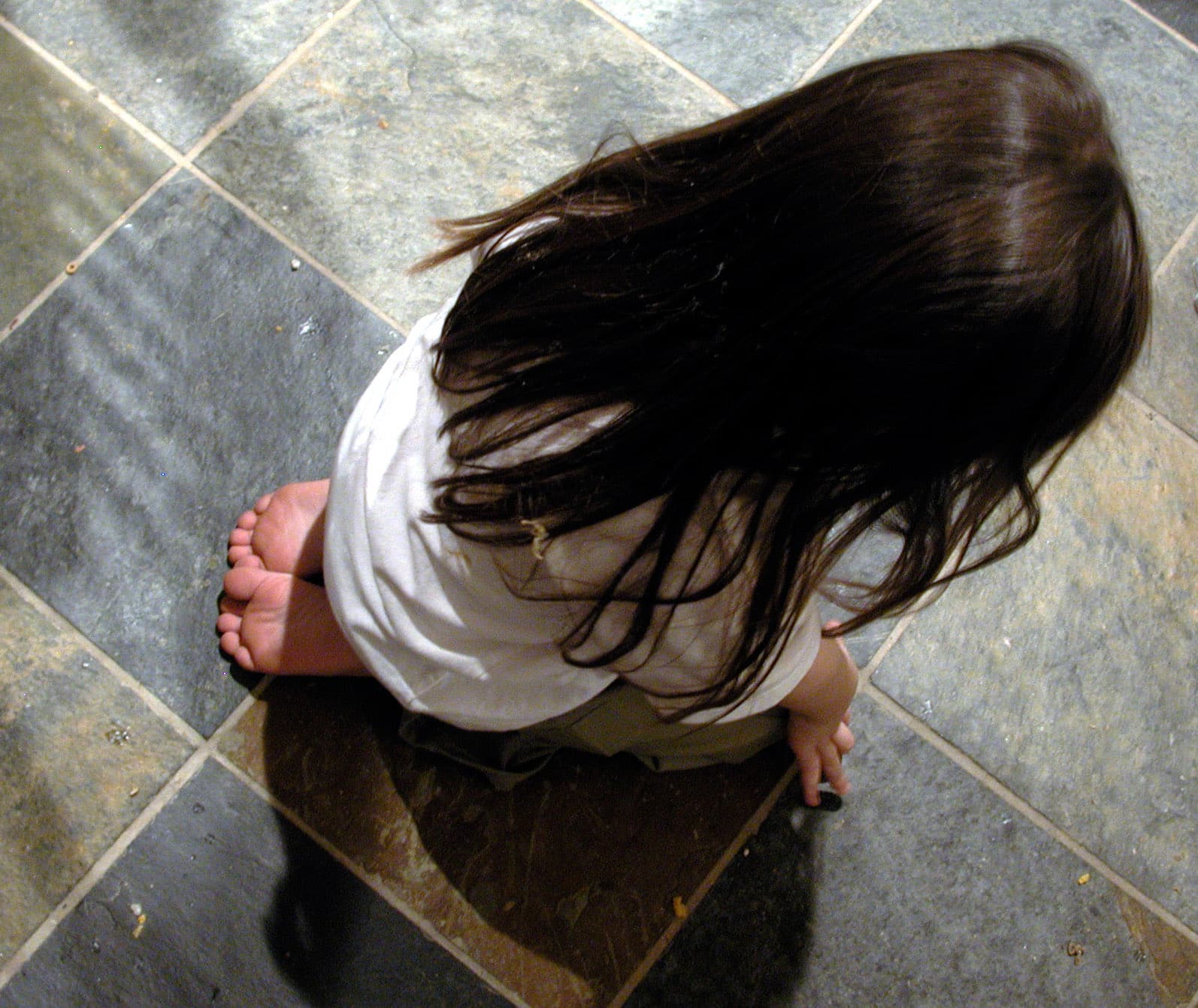 A scary event happened last week as the result of usually happy bonding behavior between my two daughters, (ages 6 and 2).
A scary event happened last week as the result of usually happy bonding behavior between my two daughters, (ages 6 and 2).
While playing what they call “the nonstop hugging game” (hugging each other and walking around attached and laughing) they lost their balance. My younger daughter fell backward onto the floor and was unconscious, limp, and apparently not breathing for a matter of seconds.
The kids were with our babysitter, who shouted to my older daughter to call 911. My daughter got very freaked out and upset, but luckily, before anyone could call for an ambulance, my youngest came to and was completely fine, apparently having momentarily had the wind knocked out of her.
Four days later, I was watching my oldest dance when she accidentally knocked into her younger sister, who took a mild tumble and quickly got up, no harm done. My oldest immediately started to act “off-track.” She ran to her room, then came back out, grabbed the book I was reading to her younger sister, and walked off with it. I sensed that she was being triggered by the memory of her sister’s serious fall. I followed her to her room, where she was hiding in the closet.
I went in there to do Staylistening, but she wouldn’t look at me and wasn’t communicative.
I told her I noticed that she ran away when her younger sister fell just now, and I could tell she was feeling yucky, and that I thought she might have some yucky feelings inside her about when her sister had gotten hurt a few nights before. She nodded yes. She indicated she wanted me to keep talking, but she didn’t want to talk.
I tried to restate the facts of what had happened, and say that it must have been scary, and I’m sorry her dad and I weren’t there and that the babysitter hadn’t been able to reach us on the phone. I told her we loved her and her sister loved her. I stayed close and suggested I was here if she wanted to talk or cry about what had happened. Eventually she began talking about how she felt that what had happened that night was her fault.
We talked about that some more and I tried to listen supportively while snuggling up to her (she was facing away from me in a fetal position). I wanted to help her get to the point of being able to cry about it, but that didn’t seem forthcoming. I hadn’t really ever faced that situation before—actually trying to get my kids to cry! But now I can see that it’s desirable and possible to do that constructively—and that one of the tools that we use in our listening partnerships with parents can be useful.
I asked her if she would repeat after me, “I am a good big sister.” She responded, “I am a bad big sister.” I kept encouraging her, but she would say, “No, I’m not,” or would only repeat it after me between clenched teeth, in a restrained voice. I said, “Come on, you can do it, because it’s true!” Then she burst into tears and had a good cry.
While this was going on my husband knocked on the door, and without realizing what was going on, suggested that because our older daughter was so emotional she must be hungry and that I should start making dinner. But I felt confident that we were getting somewhere, that this was about real feelings more than hunger, and that it was important to stay with her and keep listening while she cried as long as she wanted to—and until she was able look at me again.
Eventually, her crying subsided and she began playing with a deflated balloon on the floor and smiling and inviting me to join her.
Afterward, she was clearly feeling connected with me. She stayed near me and volunteered to help me make dinner—and she seemed lighter and back on-track—and played happily with her sister.
– a mom in California
From the Hand in Hand Toolbox:
Read more stories about Staylistening in Conquering the ABCs through Staylistening and Staylistening to get out the door
Find out more about Hand in Hand's Five Listening Tools and learn to increase connection with your kids
Learn how laughter helps offset child stress in this Connecting Through Play podcast series